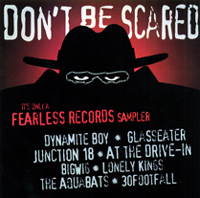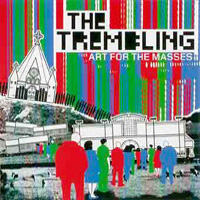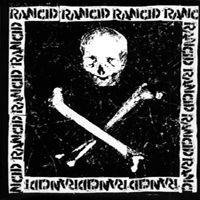 The Ghost and the Darkness
The Ghost and the Darkness
with Michael Douglas, Val Kilmer, Tom Wilkinson
Written by William Goldman
Directed by Stephen Hopkins
(Paramount, 1997)
by Scott Hefflon
Telling the true tale of two man-eating lions who terrorized the railroad-building village of Tsavo, Africa in 1896, The Ghost and the Darkness transcends the pulp plot of man-against
The writer, William Goldman, is evidently a man who knows that first impressions speak volumes. Each scene in which a new character is introduced is a dramatic one with a few clever one-liners which set up the rapport which is to exist, or not, between the two characters. As Patterson leaves his pregnant wife on the London train platform, he professes that, despite his life-long desire to see Africa, he wants to be with her when his son is born. And she replies, “You build bridges, John. You have to go where the rivers are.” Upon reaching Africa, his assistant Angus Starling (Brian McCardie) attempts to narrate the trip, yet Patterson rattles off statistics faster than Starling can introduce topics. While bordering on ego-threatening one-upmanship, Patterson’s love of the land, not to mention his obviously well-researched and thoughtful approach, win him the respect of his new acquaintance. Similarly, he meets Samuel (John Kani), the liaison between the 3,000-strong workforce in which the Africans hate the Indians, and the Indians hate other Indians – the Hindus believe cows to be sacred, while the Muslims eat them (the cows, not the Hindus) – and he pledges to attempt to bring the men together with a common interest. They all are unified in hating white men (even the white men), those who exploit their labor and sacrifice their lives, to grow richer. And thus Patterson fights to gain the trust of those he is to lead: he kills a lion with one shot his first night in camp, spending a night in a tree to do so. But when a capable, skilled builder, not to mention a proud and fierce-looking native, is killed, followed immediately by another, the workers strike in fear for their lives. A bit of quick thinking, a heartfelt promise, and a manly we’re-all-in-this-together look between Abdullah (Om Puri), the “union leader,” and Patterson gets construction going again. Truthfully, when Patterson swore to kill the lions and build the bridge and Abdullah responded, “You’re white. You can do anything,” I wish Patterson had made more of a lions-kill-without-prejudice comment instead of the dual-meaning, “It would be a mistake not to work together on this thing.”
After the increasingly grisly and disturbing deaths of more laborers and the invaluable Starling (scenes not for the squeamish, but probably accurate to the wounds these beasts are capable of inflicting), Patterson and his crew realize they are up against two man-eating lions working together (an unheard of situation), killing not for food but for the thrill, attacking during broad daylight as well as during the night, unafraid of man or fire. The natives call them the Ghost and the Darkness, devils that come in the night to feed upon man, a curse brought upon them by Patterson.
When the crew finally rises up against Patterson, famed animal-killer Remington (Douglas) appears out of nowhere with his gun in the ringleader’s temple. Introductions lead to the wild-eyed statement, “You’re right, the devil has come to Tsavo. Look at me. I am the devil.” With his band of half-naked, war-painted savages, Remington sets out to kill the lions, ordering people around as he passes. Remington’s simple, rational “recommendations” are, while sound, so bluntly put (not to mention not put through the proper channels) that he encounters resistance, but soon, too, the respect necessary to accomplish drastic deeds to remedy drastic needs. Unfortunately, these lions have the uncanny ability to sniff out the traps laid for them, almost to the point of our believing the supernatural hogwash men in mortal fear cling to in order to explain away that which they cannot comprehend. Even road-weary Remington occasionally needs reminding, “They’re only lions.”
While on the surface The Ghost and the Darkness is an action/adventure flick about big game hunting, both Douglas and Kilmer portray characters of depth, with real, honorable motives, with personal backgrounds one can, if not understand, at least appreciate. These are men courageously facing their fear, not because they are brave super heroes, but because they are men whose lives and work are being threatened. The drive to “sort it out” may as well replace the Nike slogan “Just Do It,” and the sentiment (liberated from prize fighting) that “Everyone’s got a plan until they get hit. You just got hit. Getting up’s up to you” is a bit of motivation we can all use.



